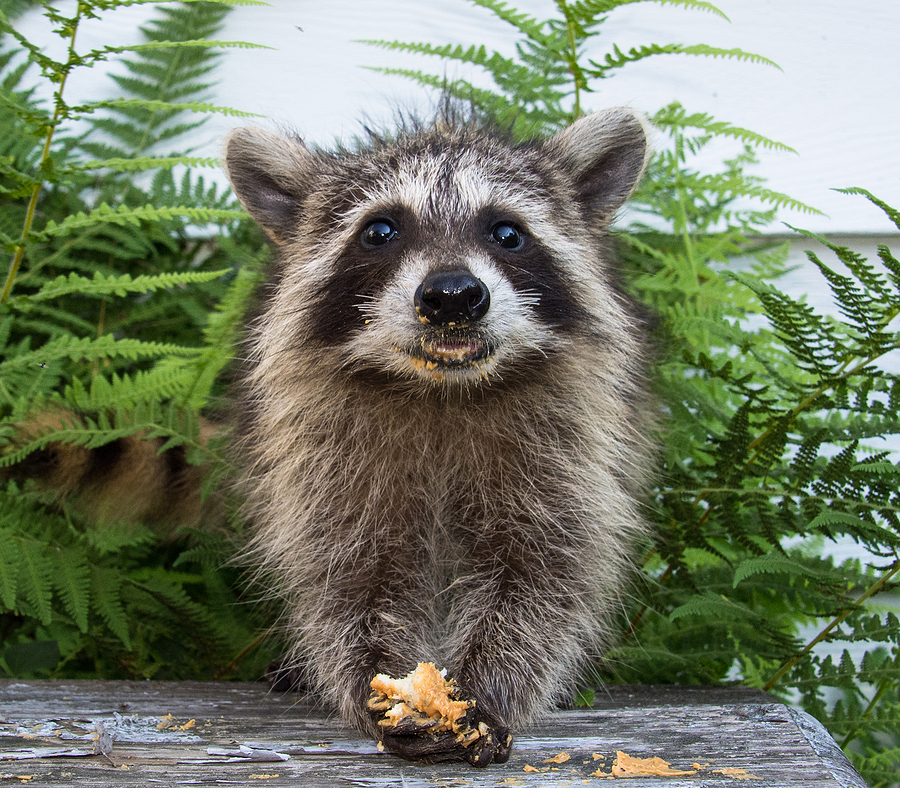Welcome to our journey into the fascinating world of Indiana’s omnivores, creatures that have adapted to enjoy nature’s buffet with a diverse palate. From the smallest insects to the robust black bear, these animals keep the balance in our ecosystem with their omnivorous diet.
Through the lens of science and observation, we will unravel the interesting dynamics of their eating habits, shedding light on how they interact with and influence their environment. In this blog, we invite you to explore not just the who’s who of Indiana wildlife, but also the ‘who eats what’ of our local fauna. So let’s venture together into the wild and wonderful world of Indiana’s omnivores.

What is an Omnivore?
Omnivores are animals that have a diet consisting of both plants and animals. This diverse diet allows them to adapt to various environments, making them one of the most successful groups in the animal kingdom. In Indiana, we can find a wide range of omnivores, from small rodents like squirrels to large mammals like raccoons, skunks, opossums, and bears. These animals play a crucial role in keeping the ecosystem balanced by controlling populations of other species, dispersing seeds, and even helping with decomposition.
A Peek into Indiana’s Omnivorous World
Indiana is home to a diverse range of wildlife, including many omnivores. Some of the most common omnivores found in Indiana include American black bears, coyotes, raccoons, opossums, and skunks. These animals have adapted to their surroundings and developed different strategies for obtaining food. For example, American black bears are known to eat a variety of foods depending on the season, including nuts, berries, insects, and small mammals.
Food Sources for Omnivores
One of the main reasons behind the success of omnivores is their ability to find food from multiple sources. Plants, insects, and small animals make up the majority of an omnivore’s diet. In Indiana, a wide variety of plants are available year-round for these animals to munch on. During spring and summer, they can enjoy fruits, berries, seeds, and tender young shoots while in fall and winter, nuts, acorns, and other plant matter become their main food source.
Apart from plants, omnivores also prey on small animals like insects, worms, snails, and even fish. This diverse diet provides them with essential nutrients and energy to survive throughout the year. Omnivores have also been known to scavenge on carrion or hunt down larger prey on occasion, giving them an edge in times of food scarcity.
The Importance of Omnivores in the Ecosystem
Omnivores play a vital role in maintaining healthy ecosystems. They help control populations of other species by preying on smaller animals, thus preventing overpopulation and preserving balance. Their diet also helps disperse seeds, promoting plant growth and biodiversity. Additionally, their ingestion of fruits and nuts also contributes to the spread of these plants, ensuring their survival.
Furthermore, omnivores are essential for nutrient cycling in ecosystems. As they consume a variety of foods, they break them down into simpler forms that can be used by other organisms. Their scat also adds nutrients back into the soil, enriching it and aiding in plant growth.
In Summary
Indiana’s omnivores are truly the unsung heroes of our ecosystem. They have adapted to their environment and developed unique ways of obtaining food, making them a crucial part of the food chain. Through their diverse diet and interactions with other species, they help maintain balance and promote biodiversity. So the next time you come across an omnivore in the wild, take a moment to appreciate and admire these incredible creatures for their role in keeping Indiana’s nature’s buffet thriving. So let’s continue exploring and learning more about the amazing omnivores that call Indiana home.
Are nuisance animals threatening or tampering with your Indiana property? Contact Budget Animal Removal at 317-875-3099 for fast and affordable animal removal and control services in Indianapolis, Indiana and its surrounding counties. Request a free estimate or advice, today!
Related Posts:
The Benefits of Professional Wildlife Removal and Control Services
Types of Wildlife That Will Destroy Your Roof
Non-Toxic Repellent Recipe for Nuisance Wildlife
